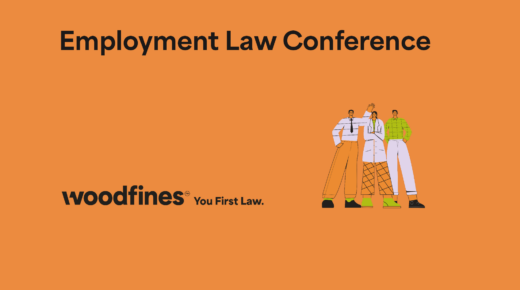We provided an update to the delegates of Silverstone Technology Clusters’ Future Mobility Champions Event on 15 February 2024. We highlighted the potential significant changes proposed by The Automated Vehicles Bill, which aims to regulate automated vehicles on roads and in public places.
We recognise that the Bill is still very much subject to future amendments, but we hope that the following summary of some of the key proposed areas of change is helpful.
Current Stage of the Bill: The Bill is currently in the House of Lords, having undergone its first and second readings, Committee stage, and the Report stage on 6 February 2024. It is scheduled for a third reading on 19 February 2024, before proceeding to the House of Commons for review.
For those of you so inclined, the Bill can be followed here.
Key Provisions of the Bill: The Bill comprises seven parts:
(1) Regulatory Scheme for Automated Vehicles;
(2) Criminal liability for vehicle use;
(3) Policing and investigation,;
(4) Marketing restrictions;
(5) Permits for automated passenger services;
(6) Adaptation of existing regimes; and
(7) General provision.
Section 1 proposes a test for self-driving which is met when a vehicle is designed with the intention that a feature of the vehicle will allow it to travel autonomously (i.e., controlled by equipment and not an individual), and it is capable of doing so safely and legally.
However, “safely” and “legally” are not fully specified in the Bill. “Safely” is defined as travelling to “an acceptably safe standard” and “legally” is travelling “with an acceptably low risk of committing a traffic infraction”.
We will wait with bated breath to see how these two key legal phrases are defined, interpreted and what guidance is given to the industry to ensure they know what safety standards are required.
Proposed Legal Actors: The Bill introduces new legal actors, including User-in-Charge (UiC), No User-in-Charge (NUiC), Authorised Self-driving Entity (ASDE), and NUiC operator, expanding the scope of current road traffic legislation.
Proposed Offences: Several new offences are proposed, such as providing false information (or withholding information) relevant to vehicle safety; using a vehicle without driver or licensed oversight; using an automated vehicle in a dangerous state; causing danger to road-users resulted in an automated vehicle killing or seriously injuring; and filing unsuitable parts.
Requirements for Automated Vehicle Authorisation: The Bill proposes that automated vehicle authorisation must specify the mode of operation, how features are engaged and disengaged, and the locations and circumstances by which the vehicle satisfies the self-driving test.
This is important in relation to what is described as “transition demand” and the “transition period”, which sets out when control is assumed to be given back to the user-in-charge. This can be directly relevant to whether or not such a user-in-charge commits an offence and is criminally liable for the vehicle’s use.
Information Collection and Sharing: The Bill proposes to allow for possible collection and sharing of information by authorised entities, including with public authorities and private businesses (e.g., vehicle manufacturer or insurers), which may have significant implications for those seeking authorisation.
Conclusion: We will continue to monitor the Bill’s progress through the legislative process and assess its implications once enacted into law as the Automated Vehicles Act 2024.
We look forward to collaborating with partners and colleagues to navigate this complex area and welcome any questions or discussions.
The information provided on this article does not, and is not intended to, constitute legal advice; instead, all information, content, and links in this article are for general informational purposes only. Information in this article may not constitute the most up-to-date legal or other information.

Author: Woodfines Solicitors
Date: 20 March 2025
For companies with a sole director and shareholder, the death of that individual can create significant legal and operational difficulties.
Author: Woodfines Solicitors
Date: 20 March 2025
Join us for our second Employment Law Conference on Thursday 24th April, 8:00am - 1:00pm at the Bedfordshire Golf Club in Stagsden, Bedford.
Author: Woodfines Solicitors
Date: 1 November 2024
Join us at our annual Transport Conference to hear key insights and expert guidance to protect and grow your business.